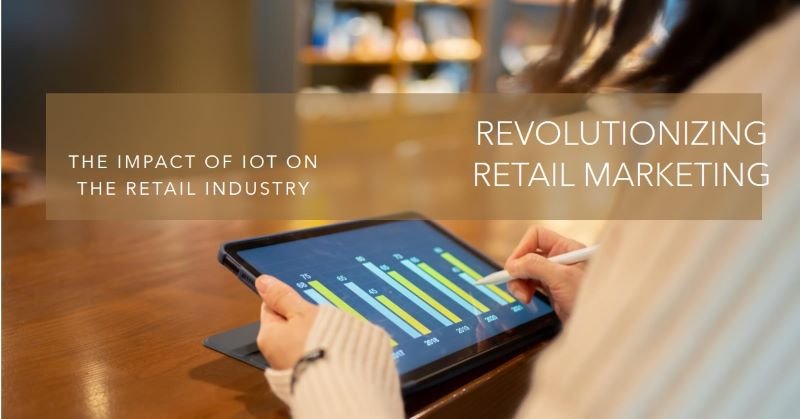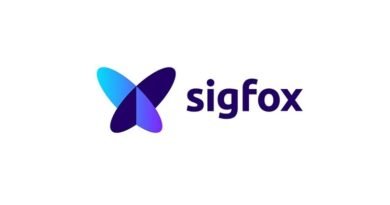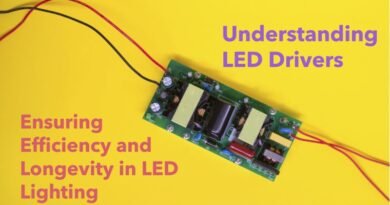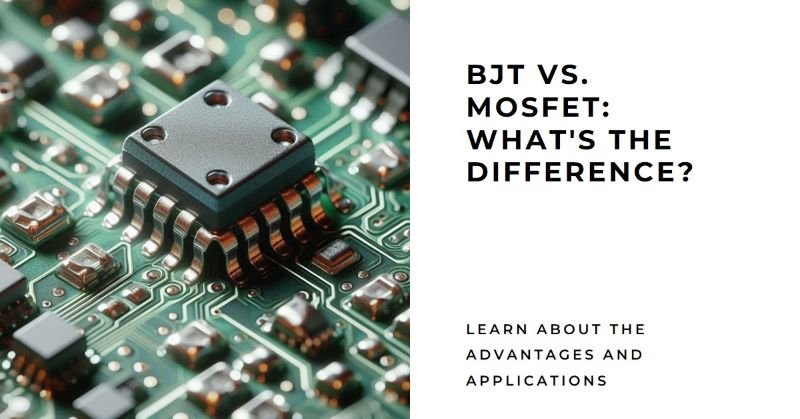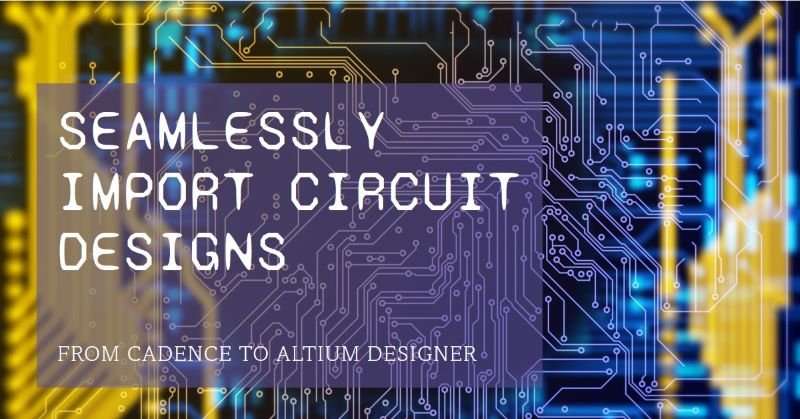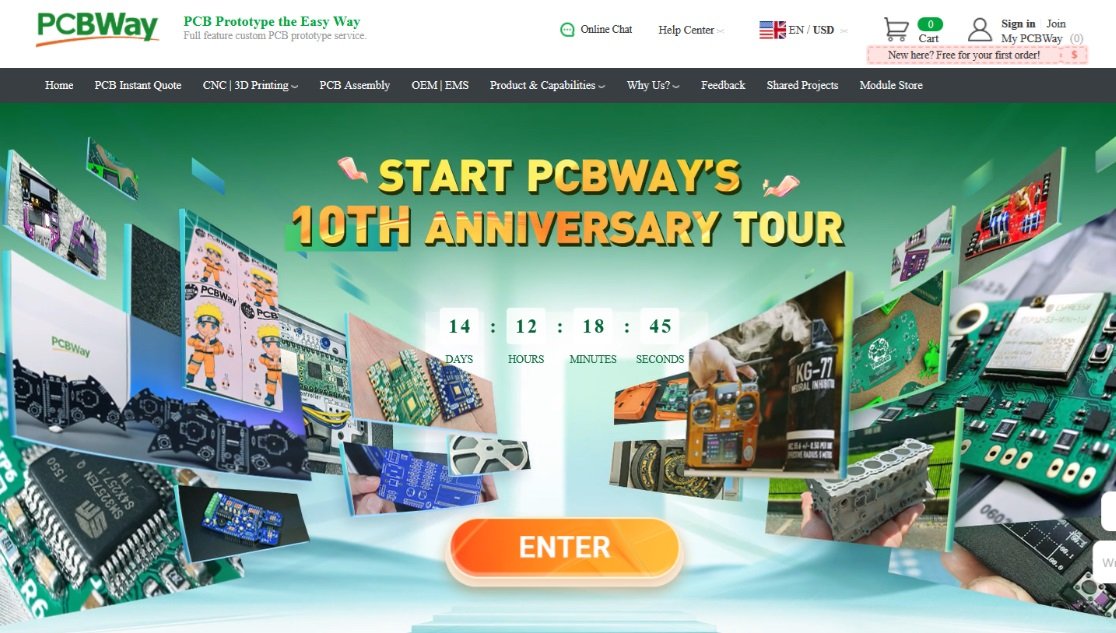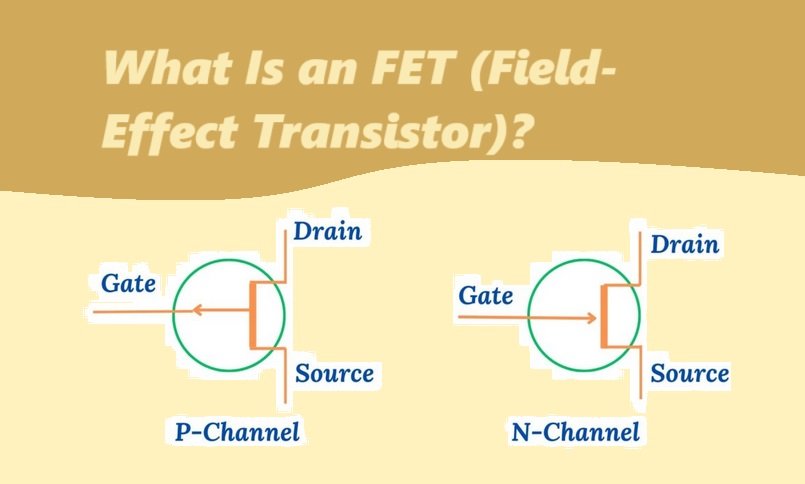The Growing Influence of IoT in Retail Marketing
The Internet of Things (IoT) has revolutionized various industries, and retail marketing is no exception. With the ability to connect and communicate through smart devices, IoT has opened up new possibilities for retailers to enhance customer experiences, improve operational efficiency, and drive sales.
Enhanced Customer Experiences
IoT enables retailers to gather valuable data about customer behavior, preferences, and buying patterns. By leveraging this information, retailers can personalize and tailor their marketing strategies to individual customers. For example, smart shelves equipped with sensors can detect when a product is running low and automatically send notifications to store associates, ensuring that shelves are always stocked. This results in a seamless shopping experience for customers, as they can easily find the products they need.
Improved Operational Efficiency
IoT devices can streamline various retail operations, leading to increased efficiency and reduced costs. For instance, smart inventory management systems can automatically track inventory levels in real-time, eliminating the need for manual stock checks. This reduces the chances of out-of-stock situations and enables retailers to optimize their supply chain management. Additionally, IoT-powered systems can monitor and control energy usage in stores, promoting sustainability and cost savings.
Effective Marketing Campaigns
IoT devices provide retailers with valuable insights into customer behavior, allowing them to create targeted marketing campaigns. For instance, beacons placed in-store can send personalized offers and promotions to customers’ smartphones based on their location within the store. This targeted approach increases the likelihood of conversion and customer loyalty. Moreover, IoT devices can collect data on customer interactions with products, helping retailers understand which marketing strategies are most effective.
Seamless Online and Offline Integration
IoT bridges the gap between online and offline retail, providing a seamless shopping experience for customers. For example, customers can browse products online and receive personalized recommendations, and then visit a physical store to try them on or make a purchase. IoT devices can track these interactions, allowing retailers to provide a consistent and personalized experience across different channels.
In conclusion, the application of IoT in retail marketing holds immense potential. By leveraging IoT technologies, retailers can enhance customer experiences, improve operational efficiency, and create effective marketing campaigns. As IoT continues to evolve, it will undoubtedly shape the future of retail marketing.
